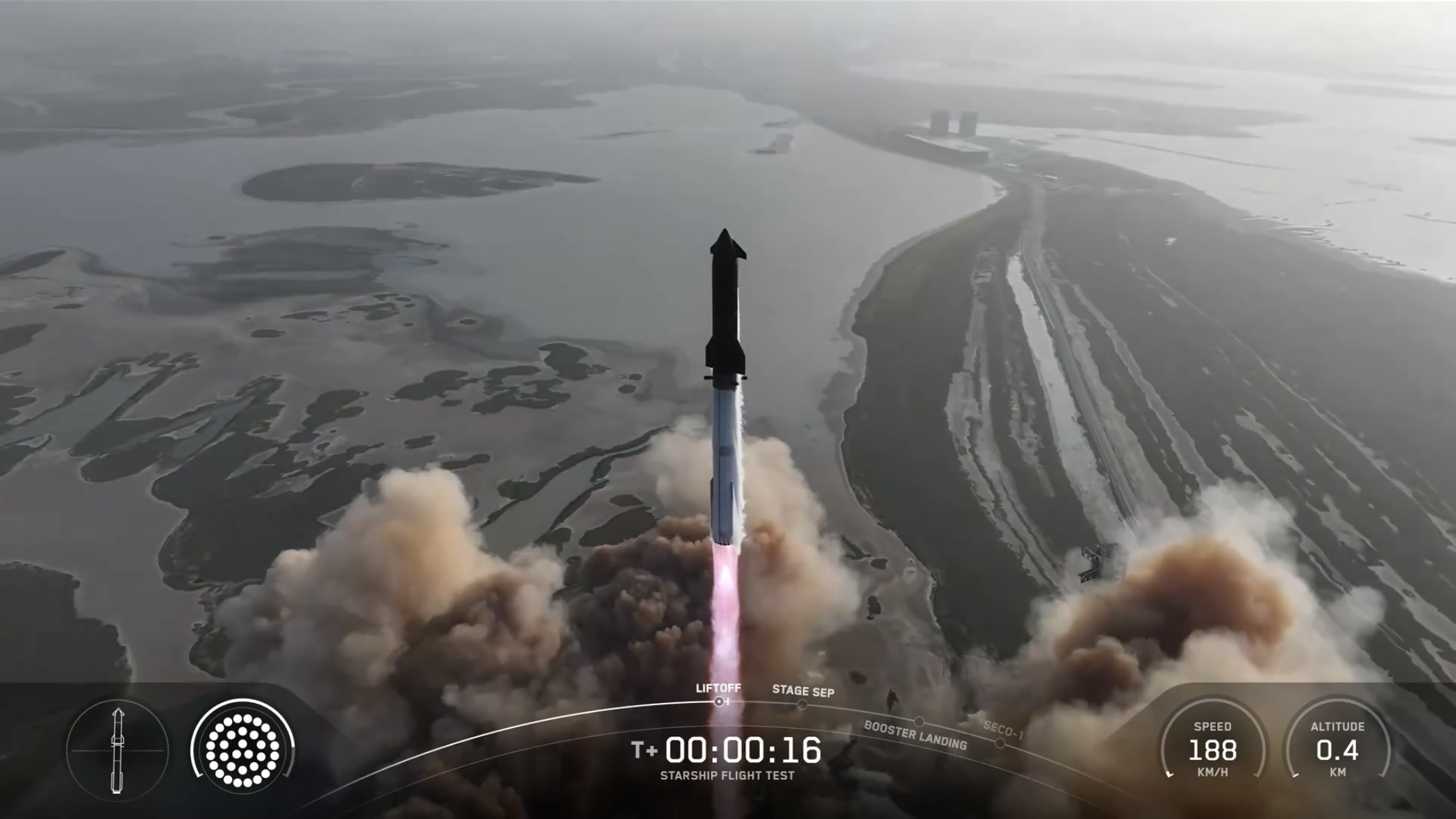
Keith Cooper
Keith Cooper is a freelance science journalist and editor in the United Kingdom, and has a degree in physics and astrophysics from the University of Manchester. He's the author of "The Contact Paradox: Challenging Our Assumptions in the Search for Extraterrestrial Intelligence" (Bloomsbury Sigma, 2020) and has written articles on astronomy, space, physics and astrobiology for a multitude of magazines and websites.
Latest articles by Keith Cooper
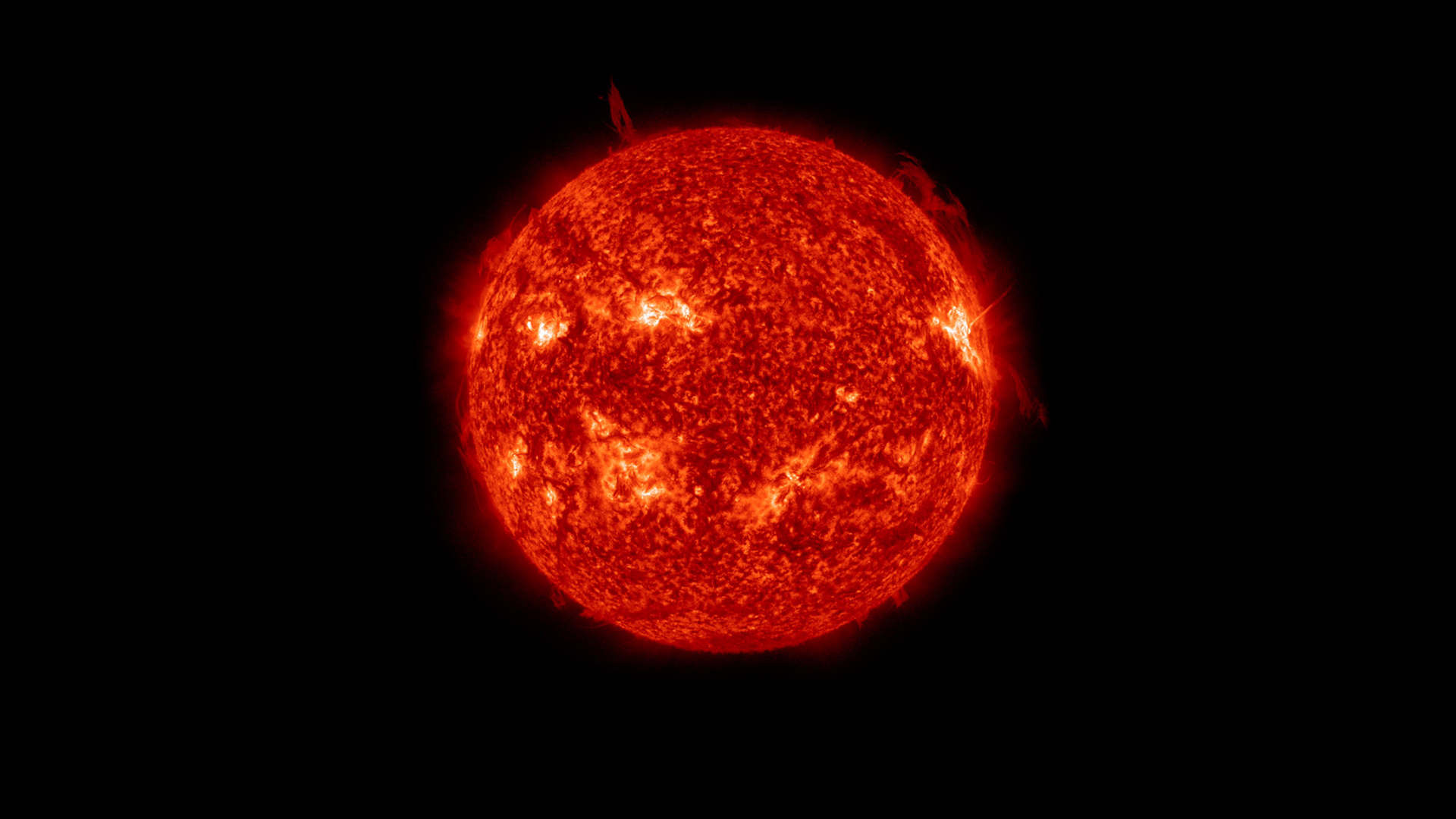
The sun hides its age with magnetic activity
By Keith Cooper published
Measurements of the sun's age via oscillations that ripple through it can vary depending on whether those measurements are made near solar minimum or maximum.
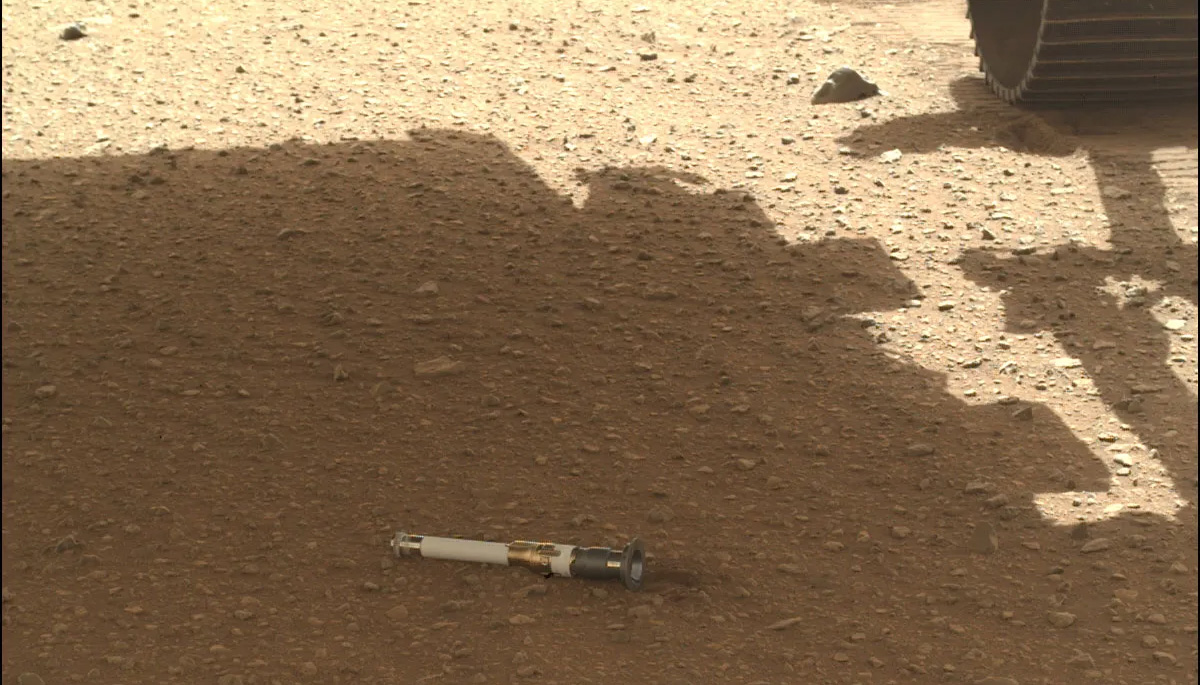
Perseverance rover's Mars samples must be brought back to Earth, scientists stress
By Keith Cooper published
Sedimentary deposits sampled by the Perseverance rover could contain evidence of past Martian life.
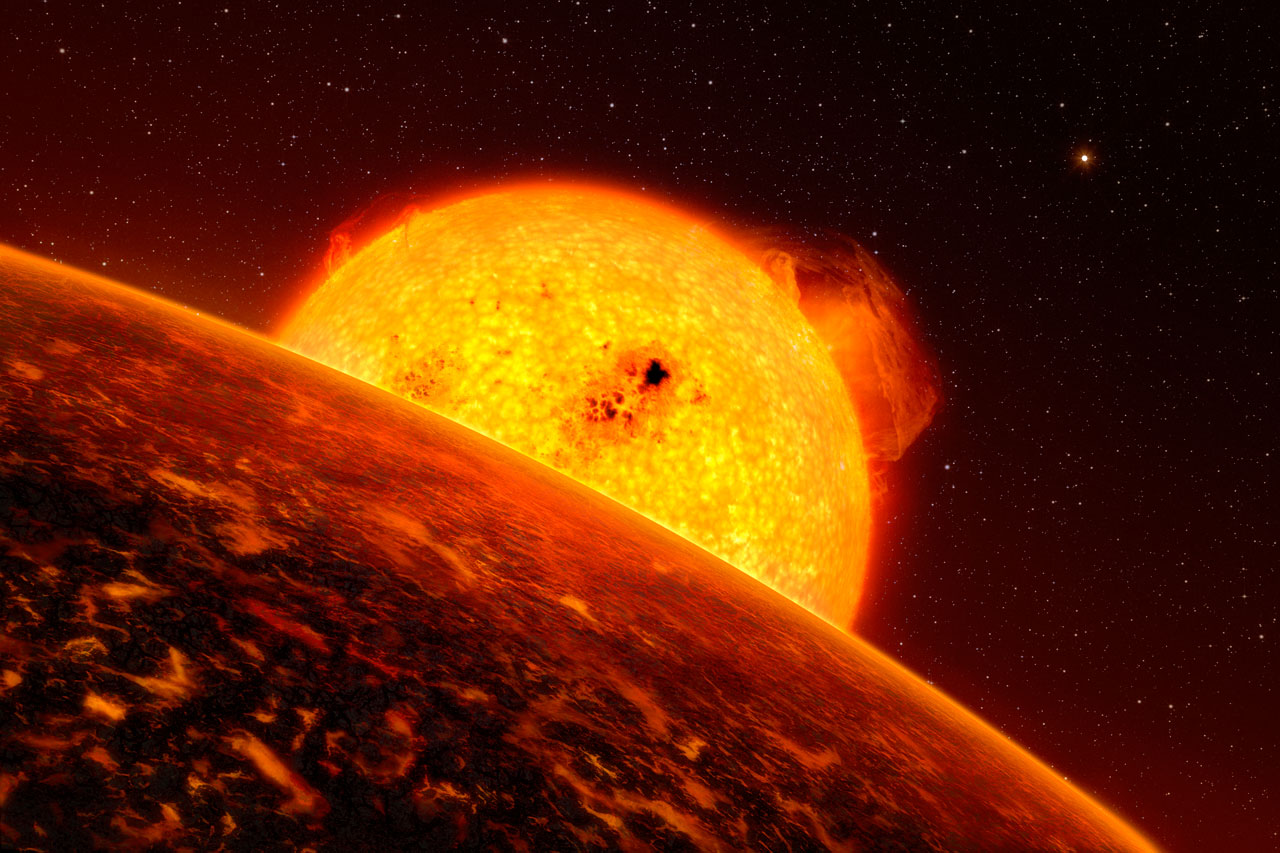
Some rocky exoplanets could have huge amounts of water in their molten cores
By Keith Cooper published
Young, hot planets could soak up a lot of water into their core, with up to 10 times more water inside than on the surface of the planet.

Are we alone? Intelligent aliens may be rare, new study suggests
By Keith Cooper published
A new interpretation of the famous Drake equation finds little reason to be optimistic about the search for extraterrestrial intelligence.
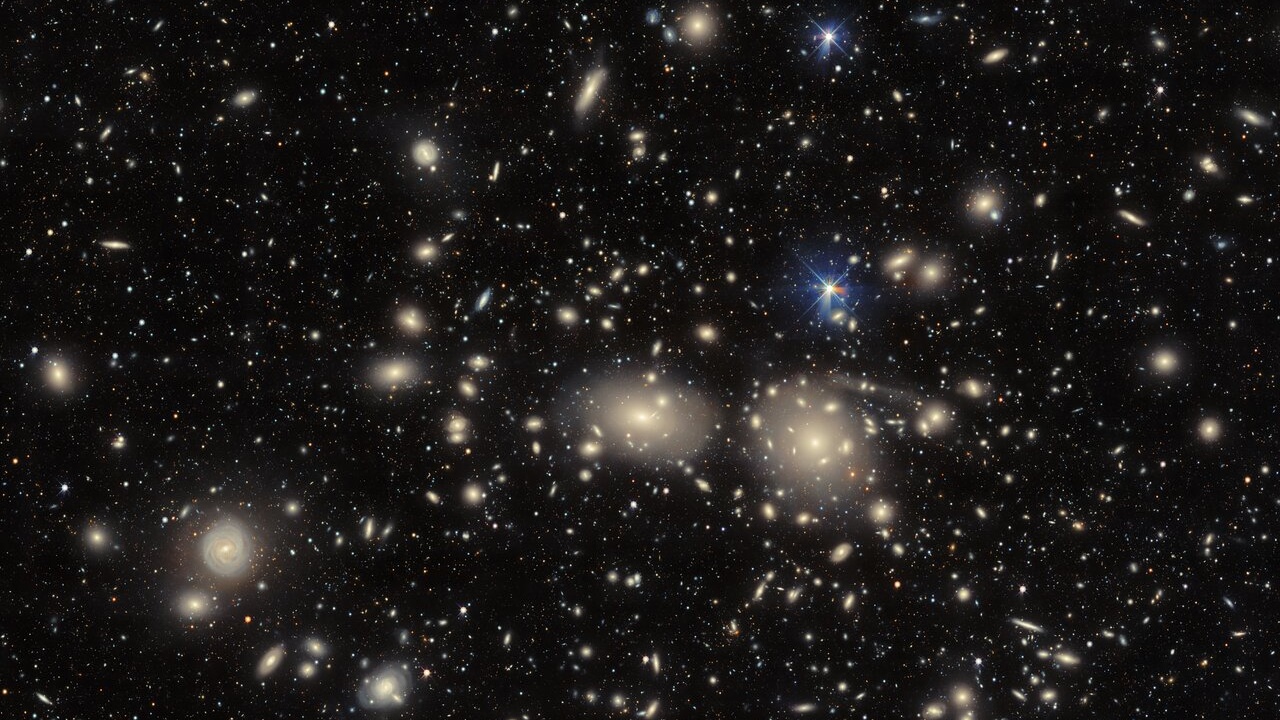
Dark Energy Camera's new galactic portrait delves into dark-matter central
By Keith Cooper published
Located at the confluence of several dark matter filaments in the cosmic web, the Coma Cluster of galaxies is the perfect case study for understanding how these galactic conurbations grow.
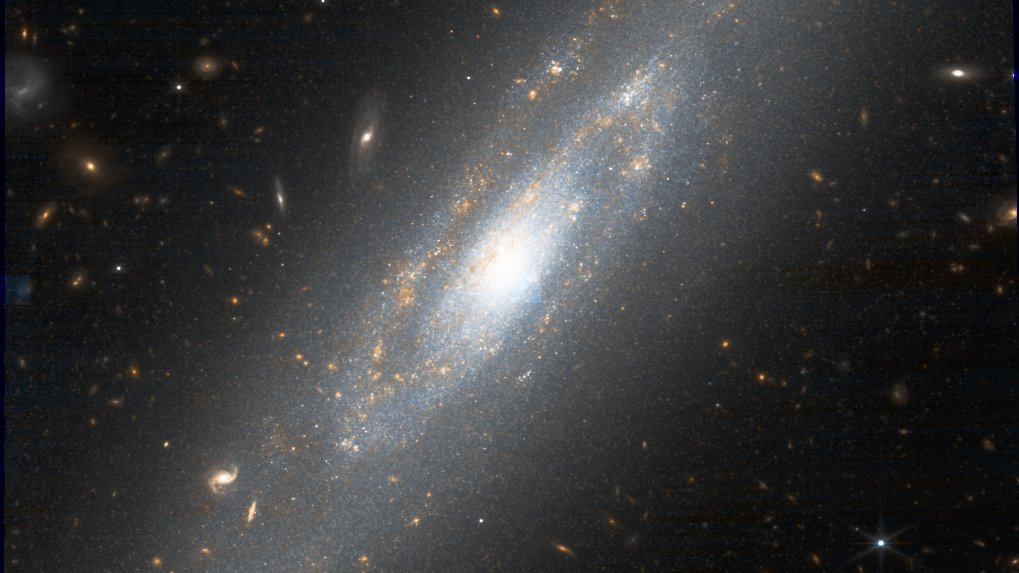
James Webb Space Telescope adds to the confusing drama of Hubble tension
By Keith Cooper published
Measurements of cosmic expansion using Cepheid variable stars continue to create tension.
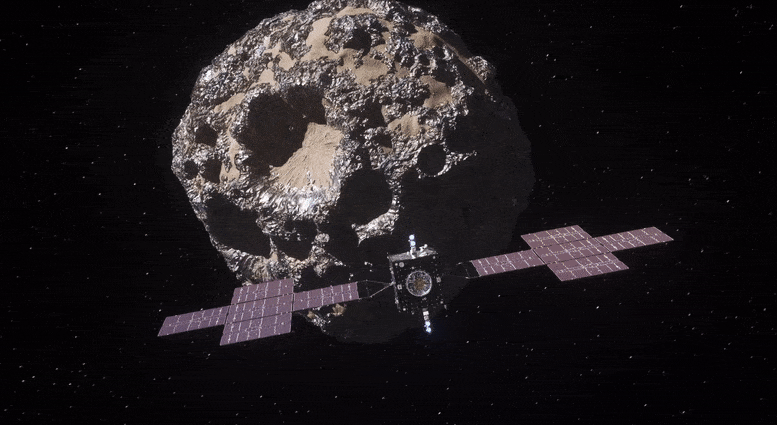
Is asteroid Psyche actually a planetary core? James Webb Space Telescope results cast doubt
By Keith Cooper published
The presence of hydrated minerals, including possibly water-ice, might indicate an unexpected origin for Psyche, far from the sun.
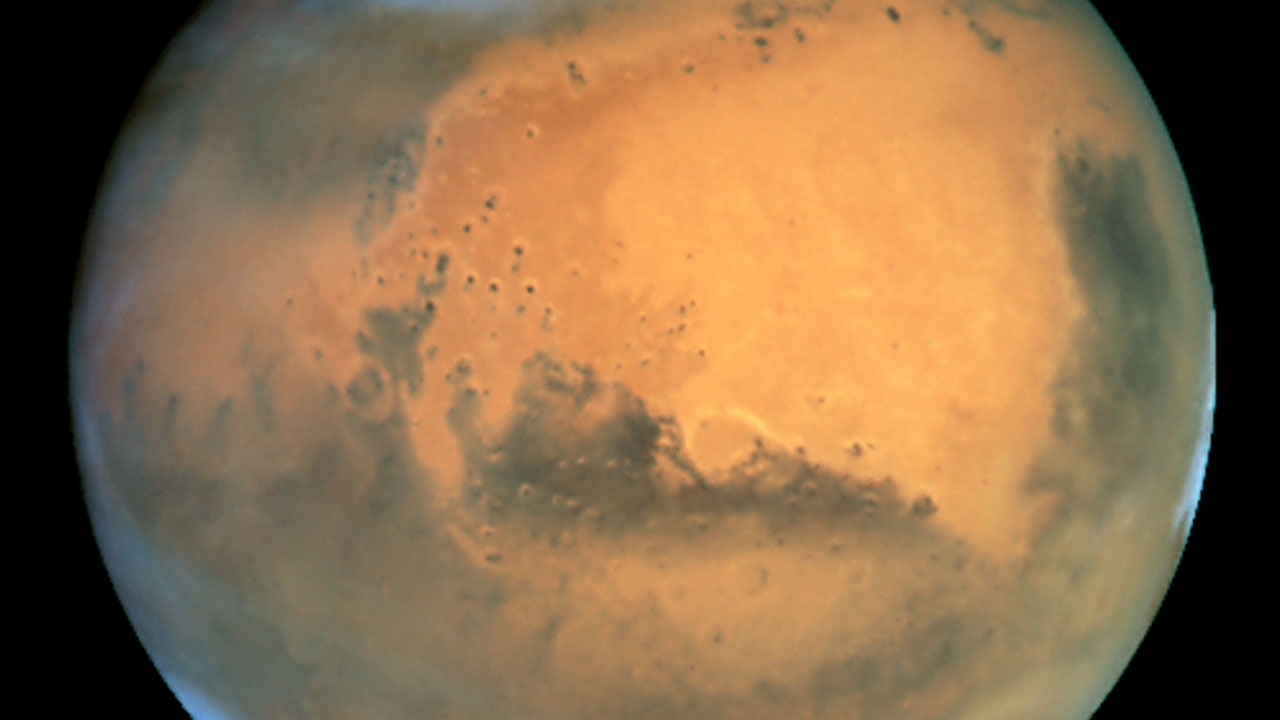
Ocean's worth of water may be buried within Mars — but can we get to it?
By Keith Cooper published
"We haven't found any evidence for life on Mars, but at least we have identified a place that should, in principle, be able to sustain life."
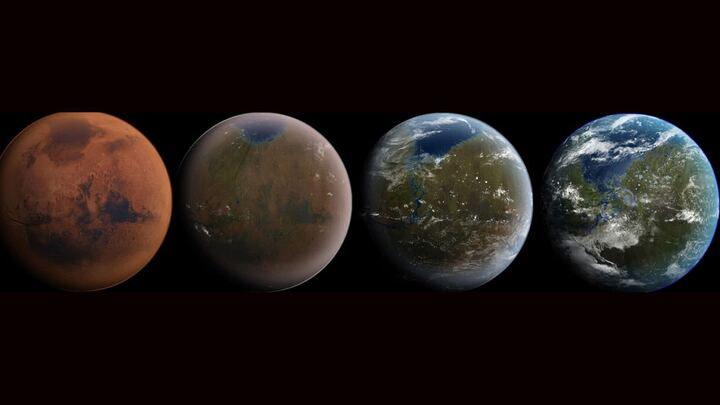
New Mars terraforming idea: engineered, heat-absorbing dust nanoparticles
By Keith Cooper published
Metal particles made from Martian dust could be released into the sky to raise temperatures on the Red Planet by over 50 degrees Fahrenheit (30 degrees Celsius), a new study suggests.
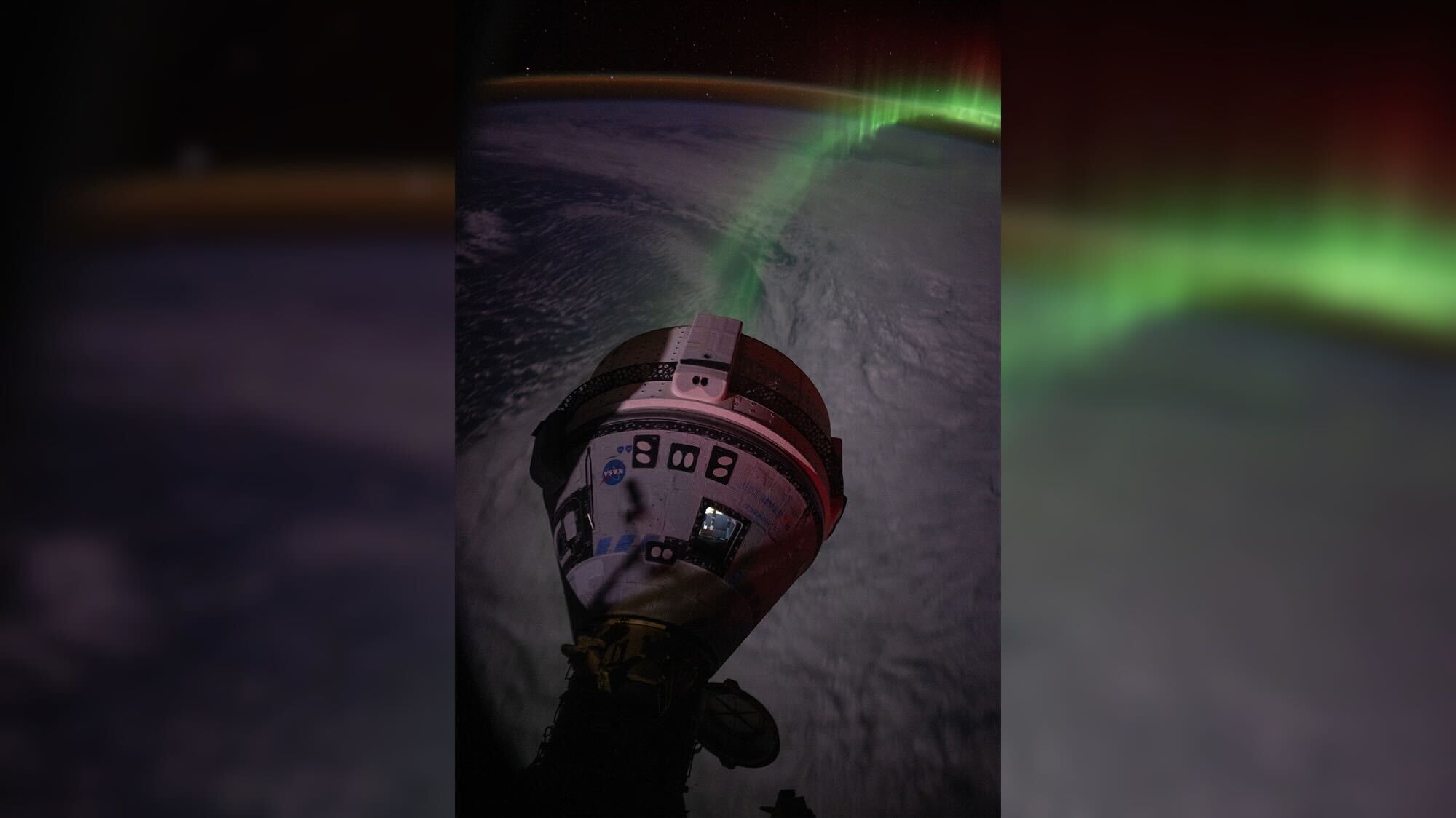
Earth from space: Astronauts share photography tips for snapping amazing photos from the ISS
By Keith Cooper published
From thunderstorm sprites to volcanic plumes, and city lights to meteors, the world appears a different place from 250 miles (400 kilometers) up.

Venus may be able to support life, new atmospheric evidence suggests
By Keith Cooper published
Preliminary evidence for gases that could be biosignatures have been found in the atmosphere of Venus, but even if these biosignatures are real, does it necessarily imply life?

Moon robots could build stone walls to protect lunar bases from rocket exhaust
By Keith Cooper published
A robotic excavator could build a dry stone wall to act as a blast shield around a launch pad on the moon, a new study suggests.
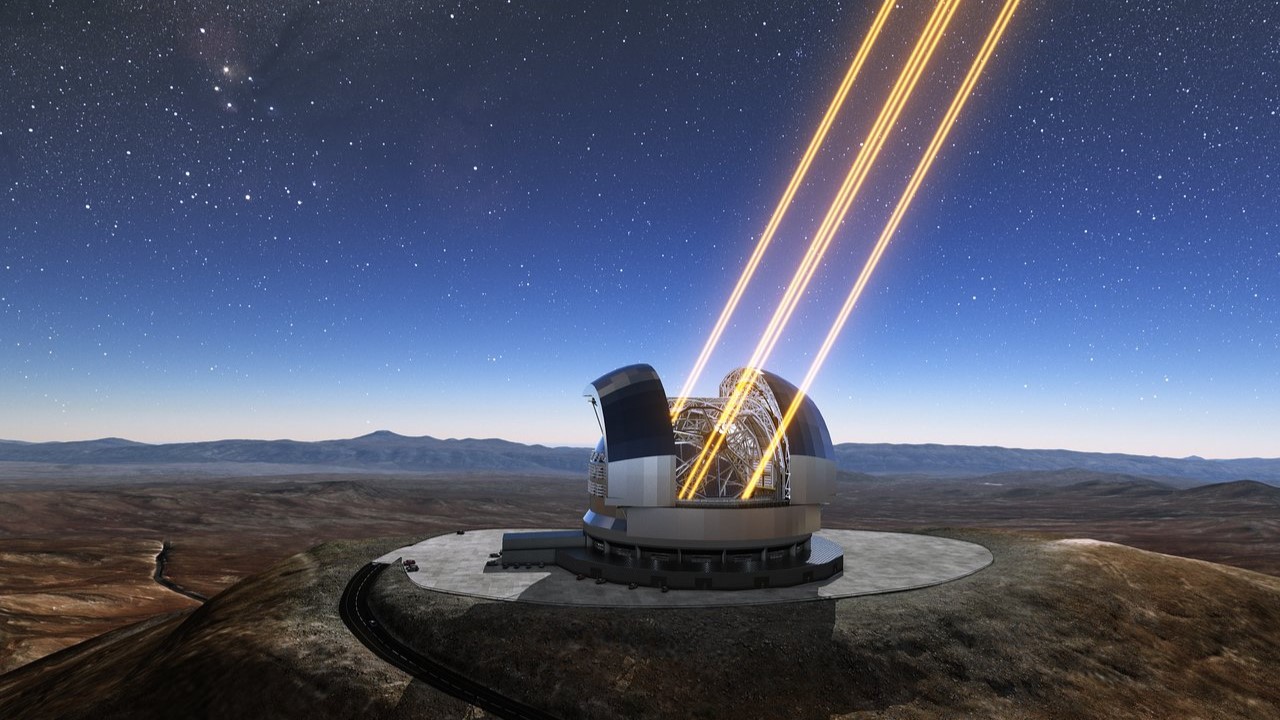
The Extremely Large Telescope: Facts about the world's largest telescope
By Keith Cooper last updated
Reference Here's everything you need to know about the Extremely Large Telescope, which will become the largest telescope in the world when it is completed at the end of the decade.
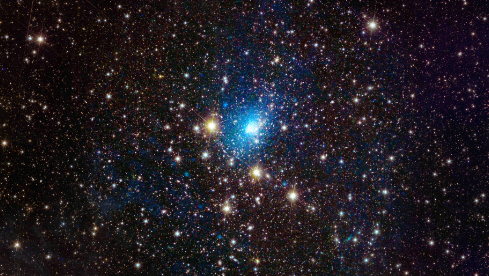
X-rays reveal secret gas in huge and distant galaxy cluster
By Keith Cooper published
The Euclid and XMM-Newton missions have combined to show the hidden, hot gas that fills an immense galaxy cluster 2.7 billion light-years away.
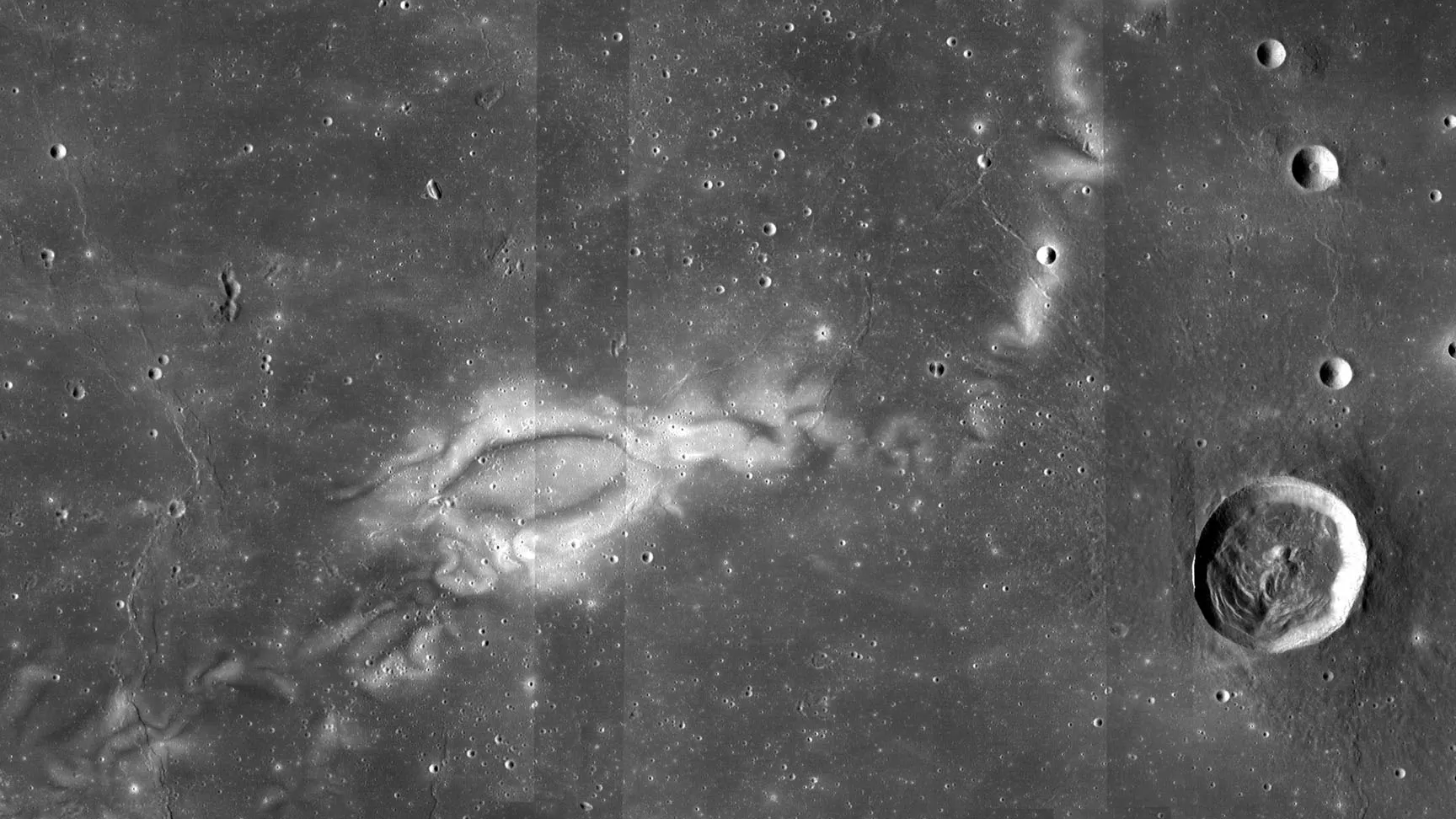
Where do the moon's weird swirls come from? Scientists are trying to find out
By Keith Cooper published
Scientists are getting closer to explaining where bizarre lunar patterns that seem to have the involvement of magnetic fields come from.
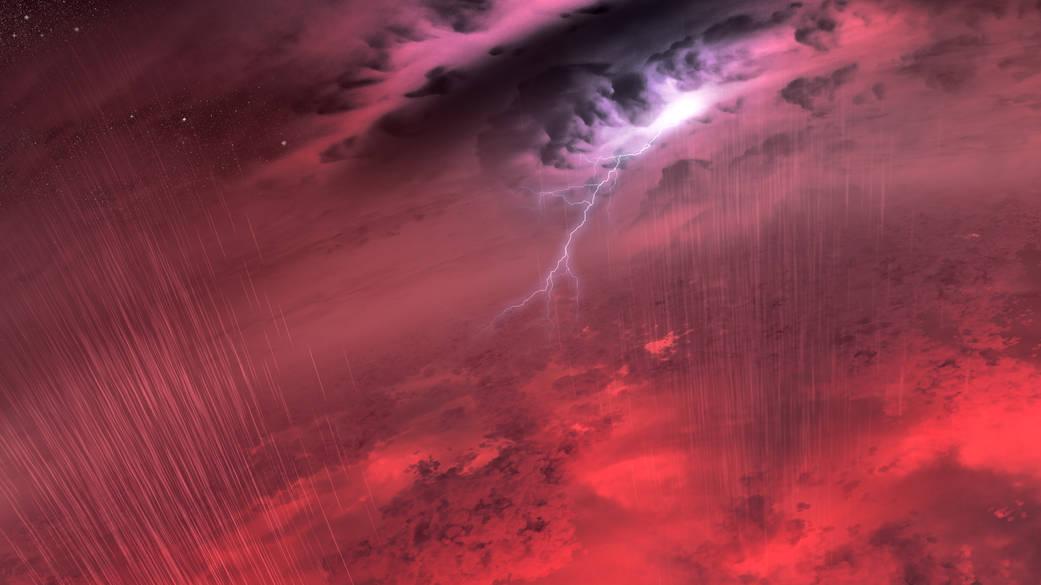
Alien weather report: James Webb Space Telescope detects hot, sandy wind on 2 brown dwarfs
By Keith Cooper published
The JWST's infrared vision has seen deep into the stormy atmosphere of two brown dwarfs that form the third closest system to the sun.
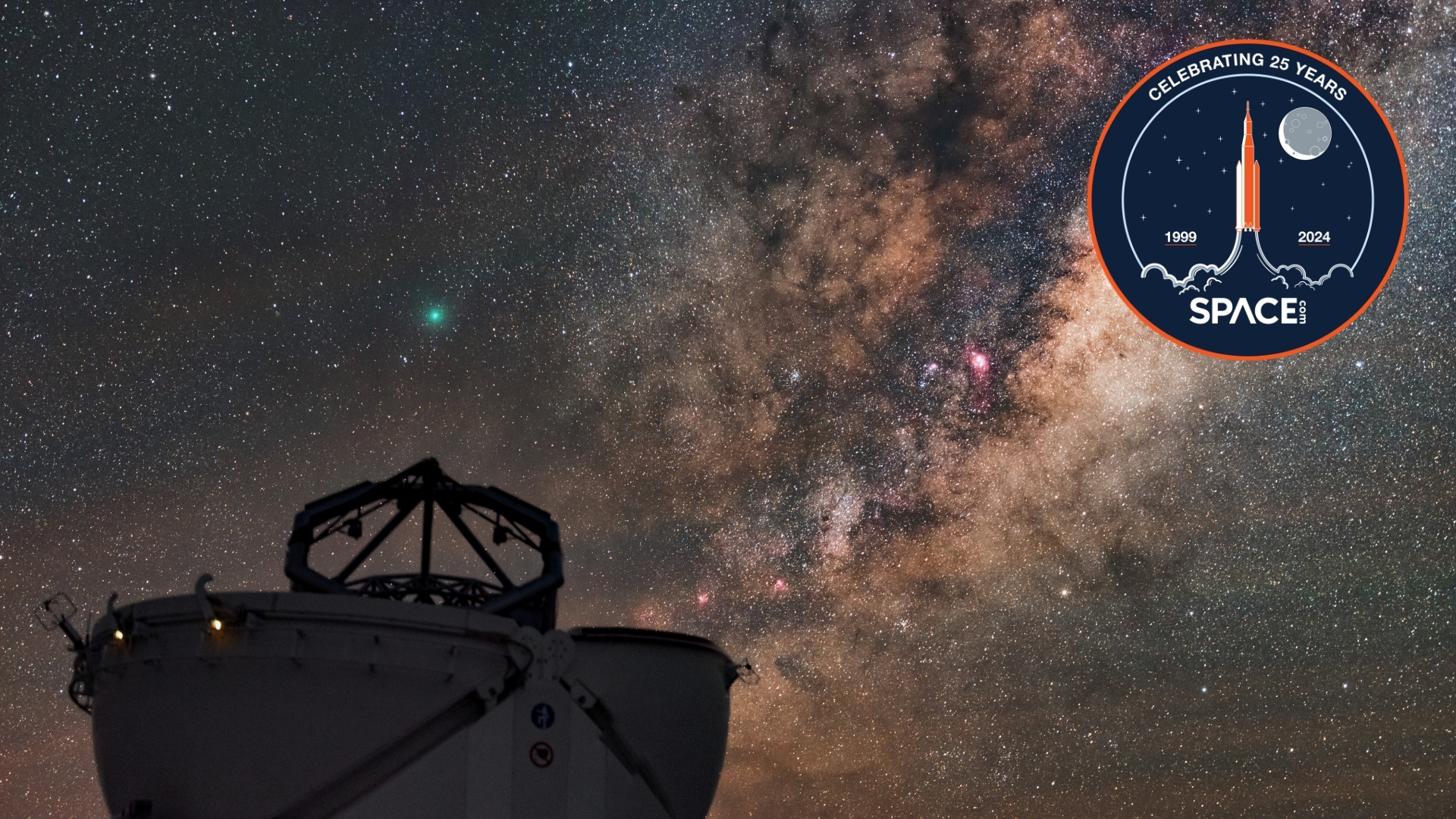
How the last 25 years led to the rise of mega-telescopes
By Keith Cooper published
From exoplanets to the galaxies in the early universe, there's little that large telescopes on Earth can't see.
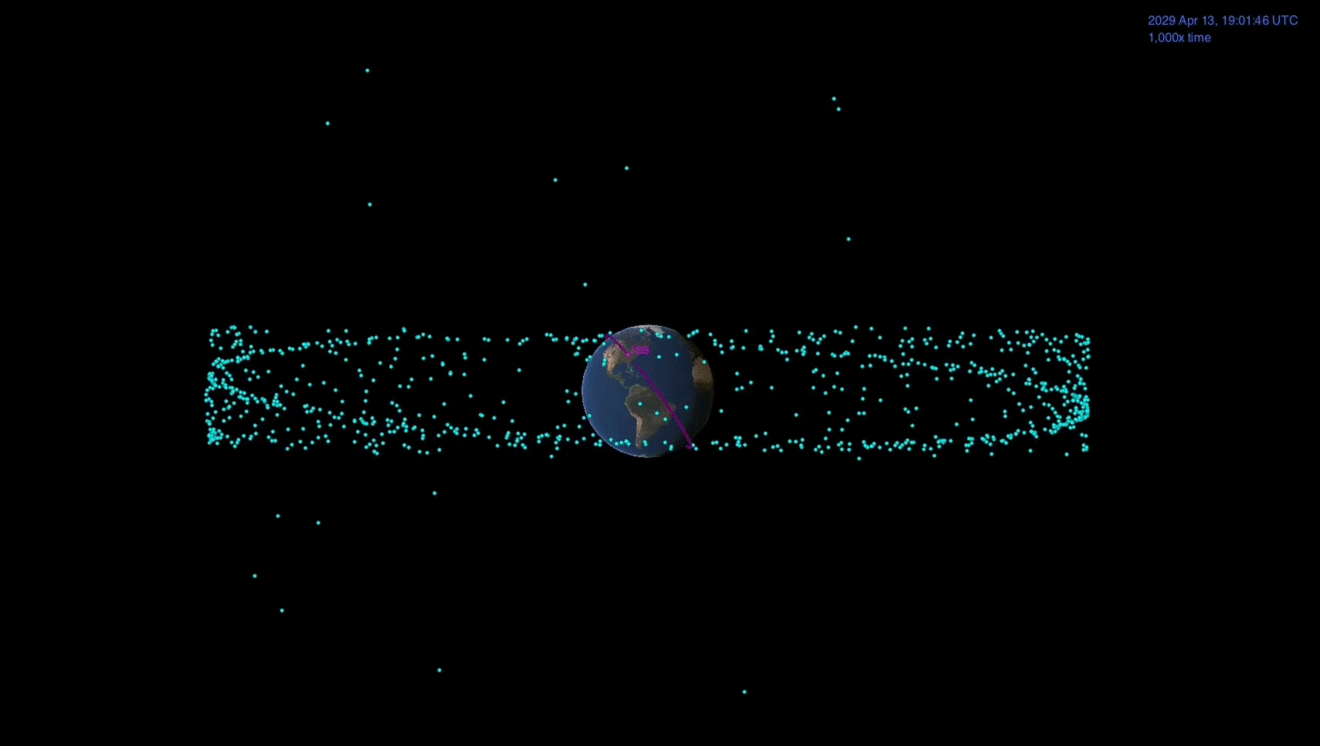
Asteroid Apophis will visit Earth in 2029, and this European satellite will be along for the ride
By Keith Cooper published
As Apophis passes closer to Earth than geosynchronous satellites in April 2029, the asteroid will hopefully be tracked by a new ESA mission called Ramses.
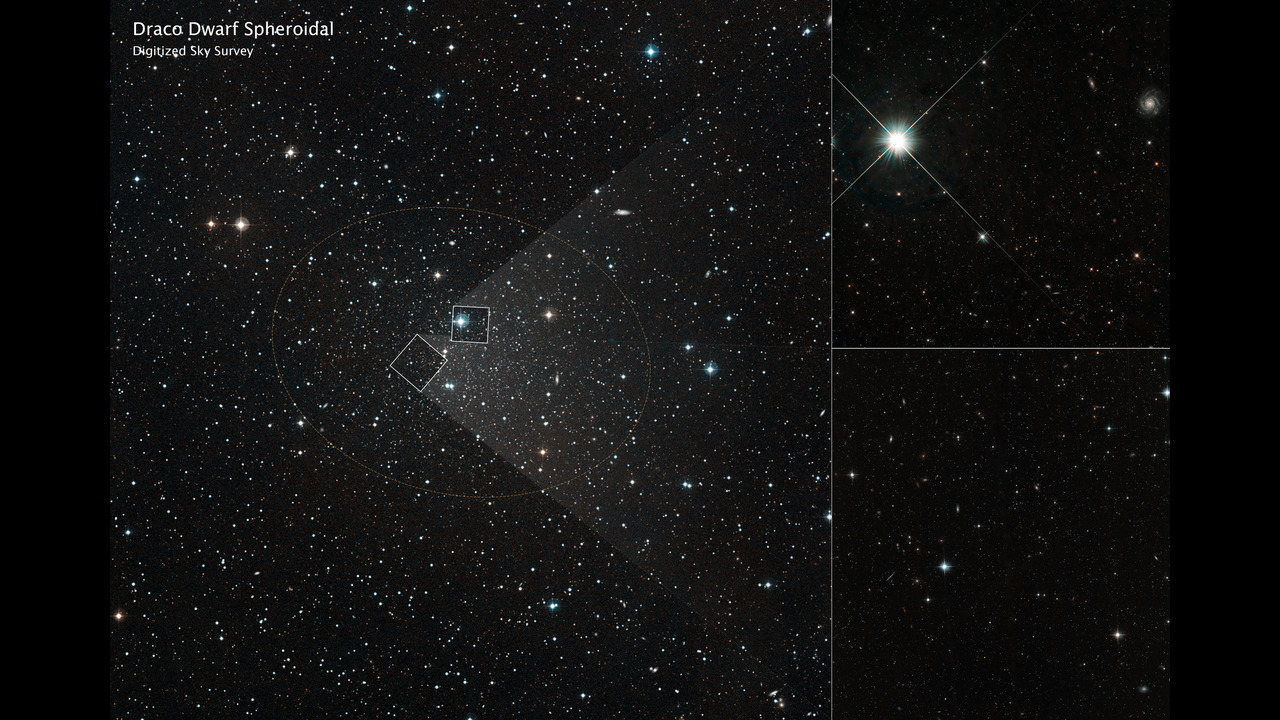
Hubble Telescope tracks a dwarf galaxy's stars to map out dark matter
By Keith Cooper published
By measuring the motions of stars in the Draco dwarf galaxy, the Hubble Space Telescope was able to map the density profile of dark matter.
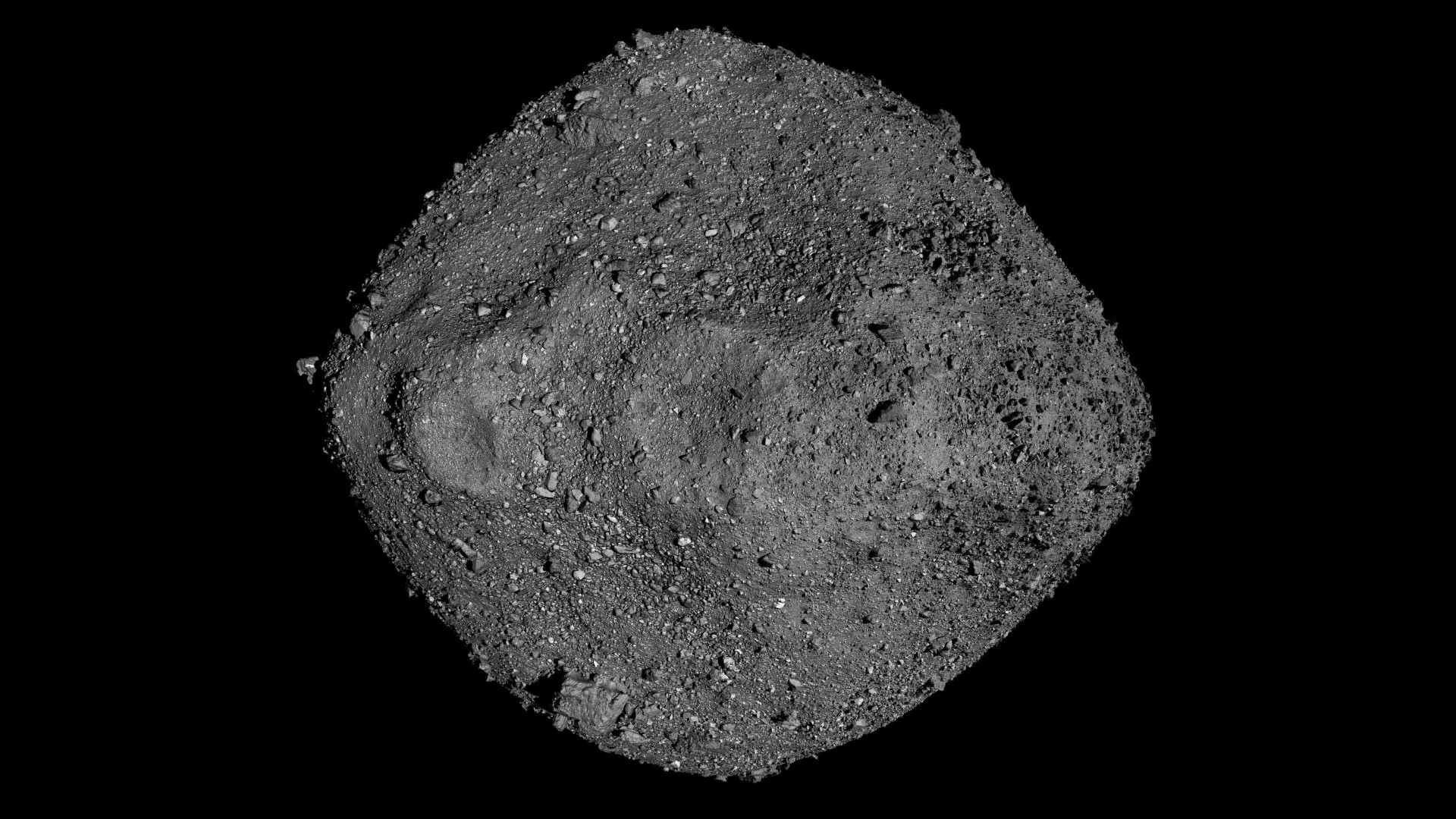
'Dark comets' may have given Earth its water long ago
By Keith Cooper published
'Dark comets,' which have no visible tail, could also explain the strange behavior of the interstellar object 'Oumuamua.

SpaceX rivals challenge Starship launch license in Florida over environmental, safety concerns
By Keith Cooper published
United Launch Alliance and Blue Origin have cited safety and environmental factors in challenges to SpaceX's launch license for Starship at Kennedy Space Center in Florida.

What are Dyson spheres, and how do we look for them?
By Keith Cooper last updated
Learn who first thought of the idea for Dyson spheres, as well as how they work and how we search for them with infrared telescopes.
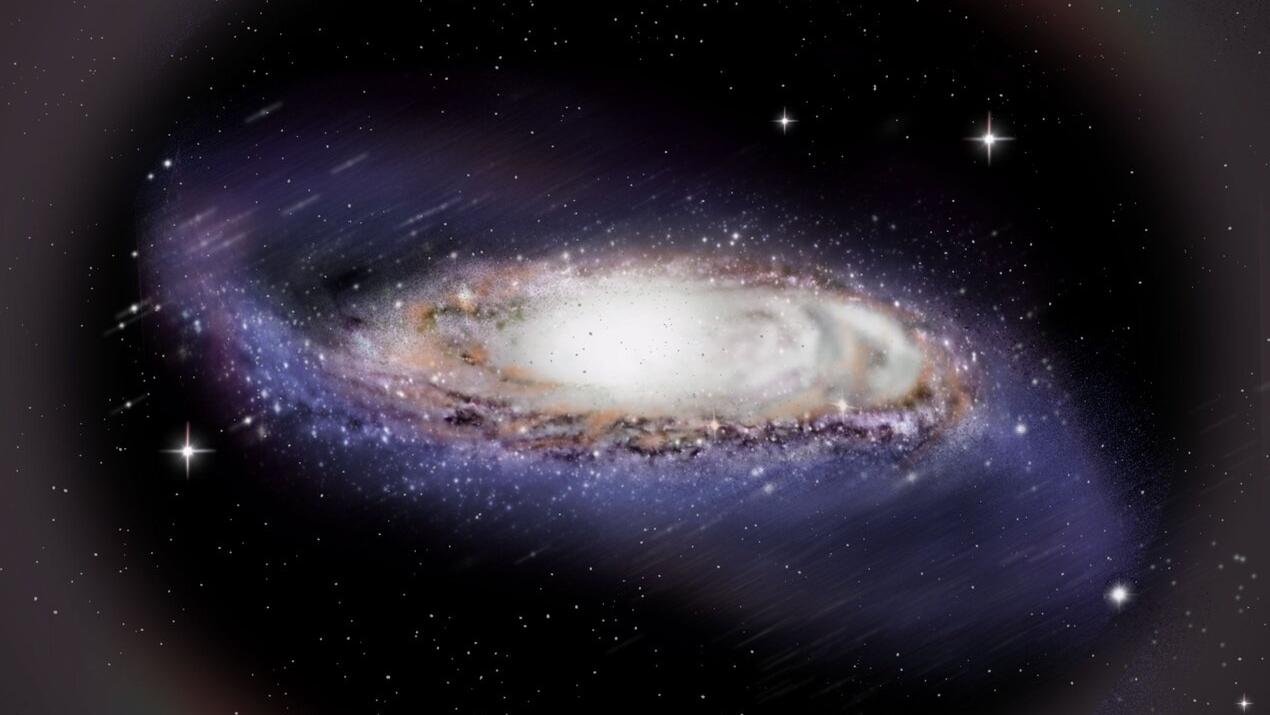
Astronomers measure 'warp speed' of Milky Way galaxy
By Keith Cooper published
The Milky Way is warped, and the alignment of this warp is precessing backwards around the galaxy under the influence of a squashed dark matter halo.
Get the Space.com Newsletter
Breaking space news, the latest updates on rocket launches, skywatching events and more!

